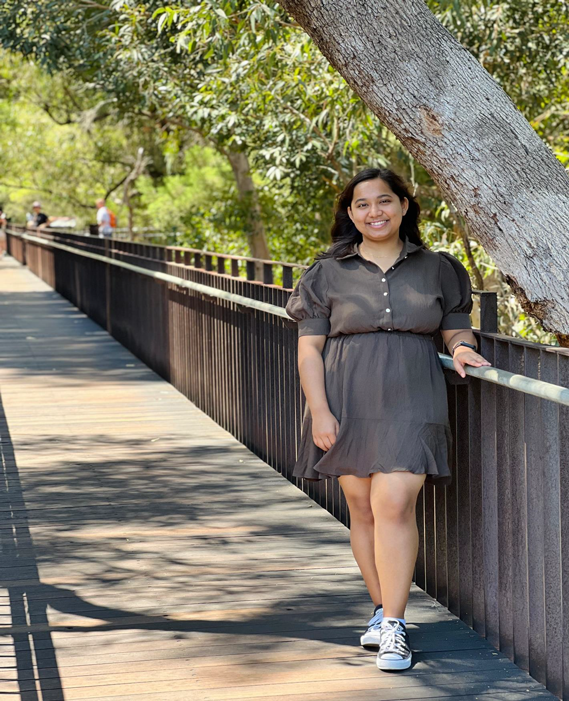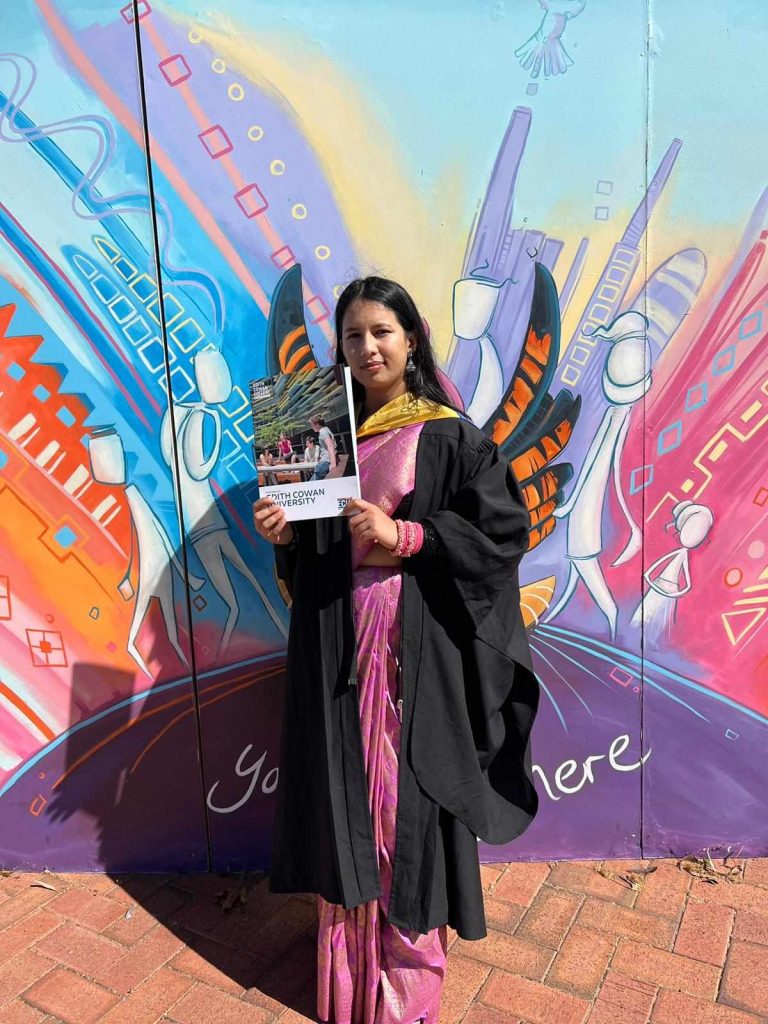Australia, a land of great opportunities for global students, stands as the third most sought-after destination for overseas education. The country has an extensive support network and exceptional academic excellence. Likewise, the surge in international students enrolling in Australian higher education can be credited to several factors. Some of the advantages of studying in Australia for Nepali students are:
High-Quality Education:
Australian universities deliver high-quality education, focusing on innovative teaching methods and rigorous academic standards. This commitment to academic excellence ensures students receive top-notch education across various disciplines, paving the way for personal enrichment and the potential for a successful career path through studying in this country.
Top-Ranked Universities:
Australia accommodates esteemed universities consistently ranked among the world’s best. Seven Australian universities secure positions in the top 100, offering students world-class education in renowned academic settings. With over 40 accredited universities, Australia ensures a high standard of education, boasting seven institutions among the top 100 globally.
Diverse Course Offerings:
Australian institutions offer a broad range of courses and programs that provide diverse academic interests and career aspirations. Students in Australia have access to extensive courses and programs, allowing them to pursue studies aligned with their passions and professional goals. This diversity ensures options across various fields and specialties.
Multicultural Environment:
Australia fosters a vibrant multicultural environment, welcoming individuals from diverse backgrounds and cultures. The country has created an inclusive society that embraces diversity. Students experience a rich cultural tapestry, interacting with peers from different nationalities and gaining global perspectives.
Global Recognition:
Degrees obtained from reputable Australian universities are esteemed worldwide, contributing to the employability of graduates. This recognition ensures that Australian-educated individuals are in demand in the global job market.
Post-Study Work Opportunities:
International students in Australia have the opportunity to work part-time during their studies and pursue employment after graduation. Additionally, post-study work visas enable graduates to explore career prospects and contribute to the workforce in Australia.
Technology and Innovation:
Australia prioritizes technology and innovation, pivotal in driving scientific research and development. The country is committed to advancing technology and innovation, dedicating resources to cutting-edge research. This emphasis positions Australia as a leader in scientific advancements and fosters a culture of innovation.





























